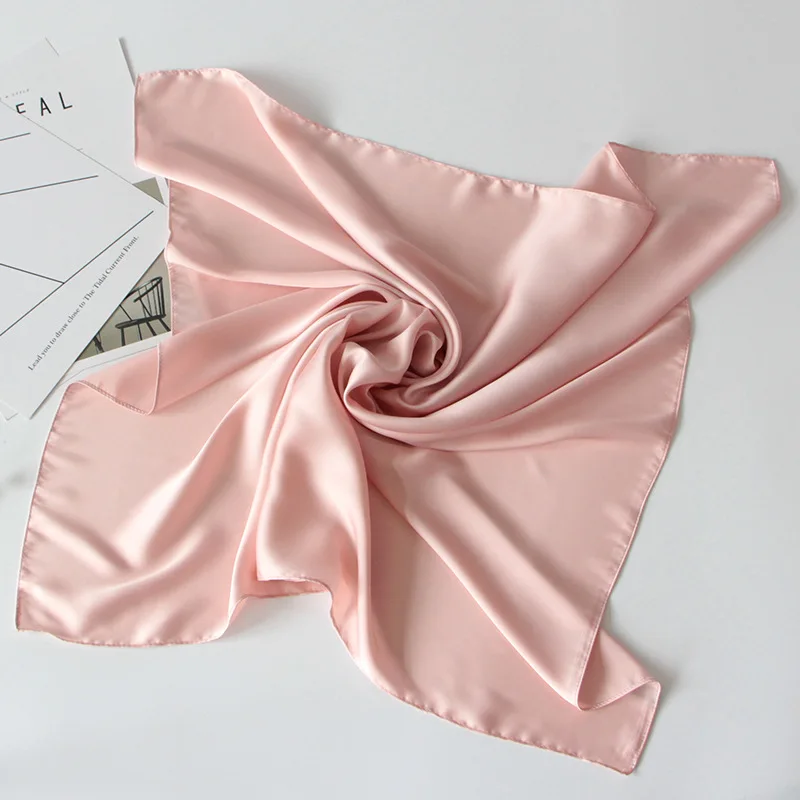From July 1, 1915 to 1924, Saskatchewan was dry. With the closure of 406 bars, 38 liquor dealers, and 12 clubs, it was estimated that liquor consumption in the province dropped by ninety percent. The number of convictions for drunkenness dropped from 2,970 cases in 1913 to 434 in 1918. When the bars closed down, however, so did many small-town hotels. “The hotelmen knew that without beverage revenue they could hardly hope to make ends meet,” writes H. G. Bowley in his 1957 history of the Hotels Association of Saskatchewan. “One of the cornerstones of the art of hospitality was to be removed, and they knew the whole structure of their industry would inevitably totter, and perhaps crash.” Indeed, hotels values in the province plummeted. Many hotel businesses never fully recovered from the blow of 1915. It may not be a coincidence that so many hotels burned down during the Prohibition years.
 |
| The Lafrenieres. Footsteps in Time: Meota (1980) |
The last days of June 1915 before Prohibition came into effect were hectic ones for small-town Saskatchewan hotels. Prior to the closing of the bars on the July 1st deadline, hotel owners were faced with the necessity of disposing of their stocks. There was a great rush to purchase liquor. At the Clarendon Hotel in Gull Lake, “more than one kerosene can, brought to town to be filled with coal oil, found its way home filled with liquid other than coal oil,” the town history (1989) reports. “Rye whiskey sold that afternoon of June 30th at $1.00 per gallon and some sizeable stocks were laid in against the drought.” That same day at the King Edward Hotel in Meota, Edward and Ferris Ann Lafreniere recalled that, prior to closing, “Anxious buyers filled the bar pushing and shoving. Money was thrown and bottles snatched in return. The doors finally closed and Ed and Ferris Ann literally swept the money from the floor with broom and dust pan. The following day the law moved in and destroyed the remaining stocks.”
Closure and arson weren’t the only coping strategies used by Saskatchewan hotel owners when Prohibition hit. Charles Hitts sold the hotel at Griffin. “When the liquor licenses were rescinded it was hard to keep the commercial travelers over the weekends in the small places,” Griffin historian Mable Charlton writes (1967). “Although the menus were as good they went on to bigger places where there was more amusement.” The owner of the Imperial Hotel at Frobisher, John Klaholz, approached the town council in 1920 requesting that the sales of soft drinks, cigars and cigarettes be confined to the hotel to help make it pay – otherwise, he said, he would have to close it. Some hotel owners applied for government grants for the maintenance of public restrooms and reading rooms in their establishments. Unable to operate profitably, the Last Mountain Hotel at Strasbourg established a movie theatre on the second floor. Ice cream parlours often took the place of hotel bars. In 1916, F. A. Wright got a license to operate five pool tables in the Commercial Hotel in Herbert. Two years later, the Commercial Hotel was destroyed by fire.
Bootleg operations flourished in small-town Saskatchewan hotels during Prohibition. The thirsty traveler staying at the Arlington Hotel at Maryfield was usually able to satisfy his wants through the good graces of John Dodds, the proprietor. Dodds was caught on at least two occasions by a provincial liquor inspector, and paid the appropriate fines for his indiscretion.
The Wilkie local history book provides the following account of a suspected bootlegging case at the Empire Hotel. On August 17, 1915, the Royal North West Mounted raided the hotel between 10 a.m. and noon. “In room No. 6, which was occupied by the hotel proprietor [W.H. Smith] and his wife, after a vigorous search was made, 28 bottles of liquor of various descriptions were found, the contents of two of which had been partially consumed. Upon being asked how this exceptionally large ‘private’ stock came to be on the premises, the defendant, during the hearing before Mr. T. A. Dinsley, J. P., stated that she had taken this liquor from the hotel cellars prior to the date upon which intoxicants had to be removed from the premises, July 1st, and had secreted the bottles, unknown to her husband, in her trunk in which they were found. ... The room in which the liquor was found had been occupied exclusively as a private living room during the entire period that her husband had been proprietor of the house and that it had never been used as a guest chamber. … When the police commenced to search the trunk she told them that it only contained linen. When asked why she made this statement, she could give no reason. When asked why she had kept her husband in ignorance of the fact that she had a private stock she stated that had he known he would probably not have allowed her to retain it.” Verdict: Not guilty.
© Joan Champ, 2011



No comments:
Post a Comment
Contoh Makalah Jurnal Skripsi Tesis
PDF Download PDF Search Engine
Art Gallery Artist - Contemporary Abstract Paintings and Graphics
History of Art, Artists & Art Movements
Top 30 Hot Music Downloads
Top Digital Songs
Christian Residential Drug Treatment
Donate Your Car San Francisco
Firm Law Mesothelioma Texas
Ms Exchange Server Hosting
Villa di Piazzano Cortona Italy Hotel
Windows Download Software
Windows Download Center
plastic surgery before and after korean
Fashion N style
Aliving Room Furniture
The Hotels Las Vegas
Acamping Sites
About Hilton Hotels
Note: Only a member of this blog may post a comment.